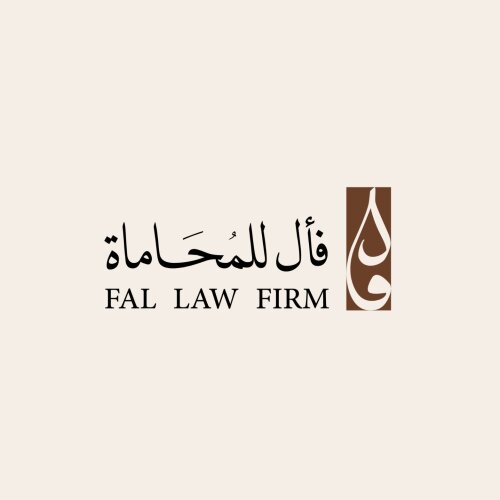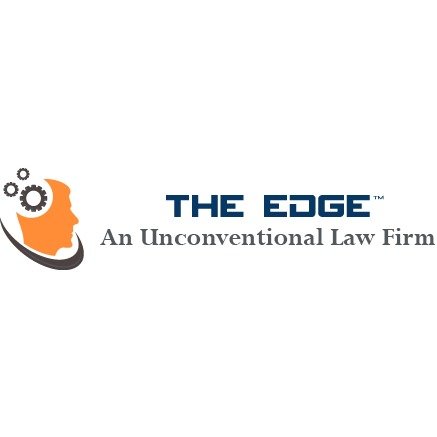
Best Creditor Lawyers in Riyadh
Share your needs with us, get contacted by law firms.
Free. Takes 2 min.
List of the best lawyers in Riyadh, Saudi Arabia

About Creditor Law in Riyadh, Saudi Arabia
The field of Creditor Law in Riyadh, Saudi Arabia is constantly evolving, largely influenced by global business practices, Islamic commercial law (Sharia), and the insolvency law. Saudi Arabia's insolvency law, implemented in 2018, provides the legal framework for individuals and businesses facing financial difficulties.
Why You May Need a Lawyer
Understanding and navigating complex Saudi legal frameworks can be challenging for most creditors. You may need a lawyer if you have provided a loan, and the borrower has defaulted on payments, or to understand the implications of Saudi Arabia's insolvency law on your investment if a company you've invested in has filed for bankruptcy. Legal assistance can also be handy while drafting business contracts, ensuring compliance with local laws, and safeguarding your financial interests.
Local Laws Overview
The Saudi insolvency law provides mechanisms for getting claims against debtors. This could be liquidation proceedings where all assets of the defaulter are realized to pay off debts. Alternatively, financial restructuring can be used to allow companies facing insolvency problems to remain operational under a restructuring plan agreed by the creditors. Saudi law also maintains the rights of secured creditors, which are generally given precedence over unsecured creditors.
Frequently Asked Questions
Can a creditor directly seize assets of a debtor in Saudi Arabia?
While Saudi law does provide for rights of creditors, asset seizure is a complex process and usually must follow formal bankruptcy or liquidation proceedings. The laws also stipulate that such matters must be handed by a legal professional or specified authority.
What is the priority order in case of distribution of assets in insolvency?
Saudi Arabia's legal framework lays down a specific order for debt settlement in insolvency cases. Priority is given to employees’ unpaid salaries and government taxes, followed by secured creditors, preferred creditors, and lastly, unsecured creditors.
Can international arbitration be used for settling disputes in Riyadh?
Yes, Saudi Arabia recognizes and enforces foreign judgments and international arbitration if the arbitration agreement is valid under local laws.
What is a secured creditor?
A secured creditor is a person or business that provides a loan against collateral. If the debtor defaults, the creditor has the right to seize the asset.
Is interest on loans allowed in Saudi Arabia?
Under Islamic Sharia law, charging interest is prohibited. However, creditors can make a profit by trading goods and services. These transactions must be transparent, and contracts should clearly define all terms and conditions.
Additional Resources
Kingdom of Saudi Arabia Ministry of Commerce is a useful resource for understanding legal obligations and processes. The Saudi Arabian General Investment Authority (SAGIA) also provides insights into investment laws in the country.
Next Steps
If you require legal assistance with regard to creditor law in Riyadh, it would be beneficial to consult with a lawyer who specializes in this field. A lawyer can help you understand your rights, interpret local laws, and guide you through legal proceedings.
Lawzana helps you find the best lawyers and law firms in Riyadh through a curated and pre-screened list of qualified legal professionals. Our platform offers rankings and detailed profiles of attorneys and law firms, allowing you to compare based on practice areas, including Creditor, experience, and client feedback.
Each profile includes a description of the firm's areas of practice, client reviews, team members and partners, year of establishment, spoken languages, office locations, contact information, social media presence, and any published articles or resources. Most firms on our platform speak English and are experienced in both local and international legal matters.
Get a quote from top-rated law firms in Riyadh, Saudi Arabia — quickly, securely, and without unnecessary hassle.
Disclaimer:
The information provided on this page is for general informational purposes only and does not constitute legal advice. While we strive to ensure the accuracy and relevance of the content, legal information may change over time, and interpretations of the law can vary. You should always consult with a qualified legal professional for advice specific to your situation.
We disclaim all liability for actions taken or not taken based on the content of this page. If you believe any information is incorrect or outdated, please contact us, and we will review and update it where appropriate.















